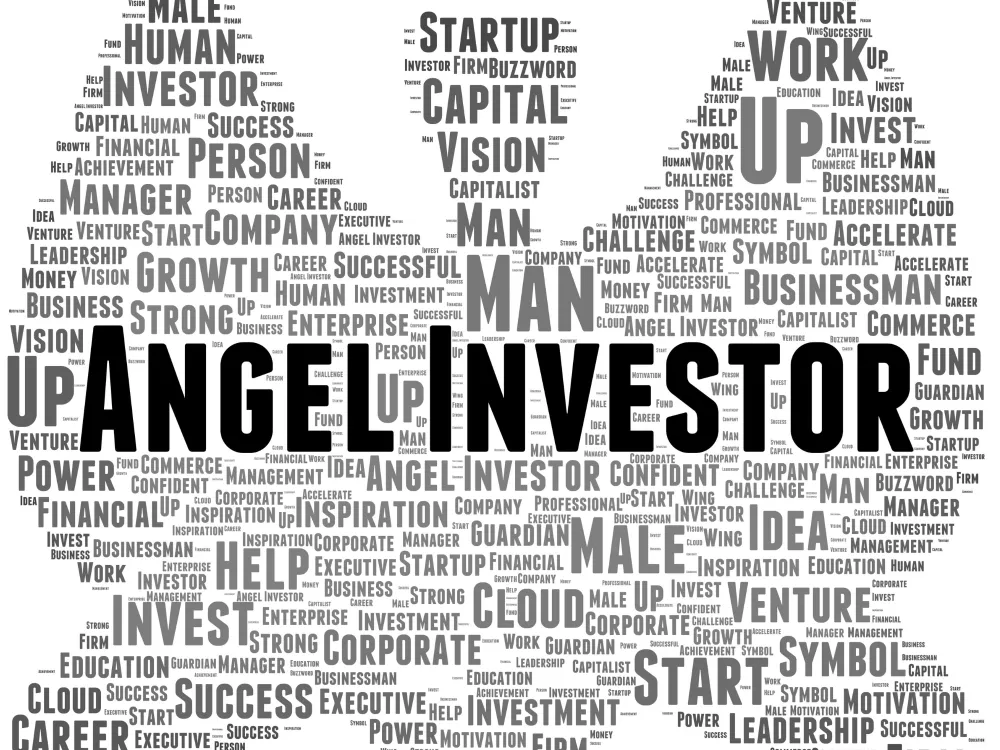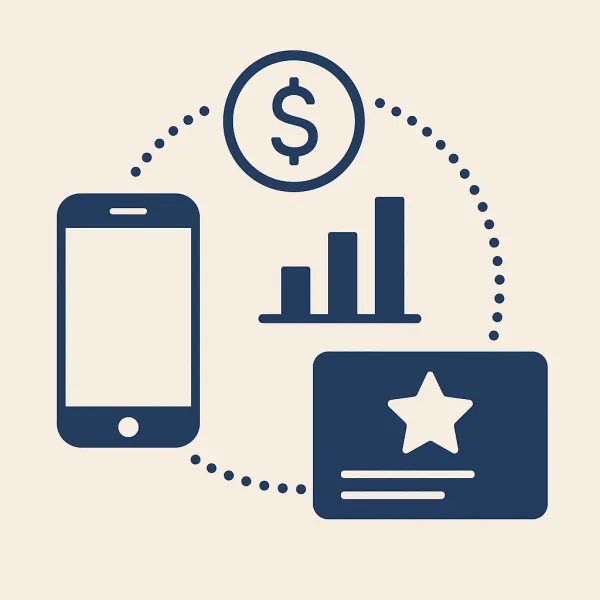
What Fintech Angel Investors Look for in Startups (and How the Right Development Partner Helps)
For founders looking for funding in the early stages of their development, it’s crucial to know what fintech angel investors expect and how working with experienced developers can help them achieve their goals. This can often be the key to not only the success of the first stage, but also the very survival of the startup.
Next, we’ll look at what fintech angel investors are looking for in 2025 and how partnering with professional development teams can give you the boost to get funded and scale the business.
What Fintech Angel Investors are Looking for in 2025
Today’s fintech angel investors are not just looking for promising ideas; they’re betting on the future of financial technology. In 2025 the investment landscape will be more dynamic, more demanding, and more disruptive than ever. Many investors are looking for more than abstract concepts; they’re looking for teams that can execute products that solve real problems and scale safely. Fintech startup funding is competitive and founders need to be ready to show real-world traction and technical execution. Here’fs what fintech angel investors pay attention to:
Clear Problem-Solution Fit
Investors are interested not just in what you build but why you build it. The most attractive startups for investment are those that solve specific and compelling market problems. For example, when it comes to democratizing access to credit, automating regulatory compliance processes, or simplifying international payments, an important impression on investors is the startup’s ability to clearly define the problem and offer a solution.
Scalable Product Architecture
Scalable architecture is not just about increasing server capacity but the result of careful system design. It should include:
- Modular code;
- API-focused infrastructure;
- Cloud-environment deployment.
To increase your chances of getting funded as a fintech startup, you need to present a scalable solution backed by expert development.
Strong Founding Team and Technical Expertise
Investors look at teams, not just technology. In this case, it’s the founder’s ability to manage, adapt to complex problems, and deliver on what they say they will. In fintech, technical expertise is just as important as strategic vision.
Regulatory and Security Awareness
Fintech is one of the most regulated and high-risk sectors. Investors are aware of the reputational and financial risks of non-compliance or weak data protection. Knowing all applicable regulations (e.g., GDPR or PCI DSS) and implementing basic security measures from day one will make your startup stand out from fintech angel investors, as it shows the maturity of the company and readiness to attract investments.
Time-to-Market and MVP Readiness
Angel investment criteria often include strong founding team, clear market need, and well-developed product roadmap. Having a good MVP that proves your main hypothesis is one of the best arguments at funding stage. Projects that have already launched, attracted beta users, or even got their first customers are even more valued. Showing everyone that you can act fast assures investors that their money will be used efficiently.
The Role of a Development Partner in Investor Confidence
A good development partner is not just a task handler, it’s a true partner on your fintech journey. Such partner can turn your ideas into a working MVP, develop solid foundation for further scaling, and ensure product stability. Partnering with team that offers fintech software development services ensures your product meets industry standards and builds investor trust.
Accelerating MVP Development Without Compromise
MVP is a proof of idea viability and your ability to implement it:
Specialized fintech developers can create secure and functional minimum viable products while keeping your idea intact;
Their industry experience will help you avoid costly mistakes and deliver user-friendly product that can be shown to fintech angel investors so they can assess its potential and trust the project;
Thanks to rapid iterations, flexible implementation, and thoughtful planning, your MVP can hit the market much sooner, without wasting time. The sooner the product is out, the sooner you can get feedback and start improving.
Building Scalable and Secure Infrastructure
Your technology infrastructure should be built with scalability and security in mind from the very beginning. Fintech developers have expertise in microservices, serverless computing, and cybersecurity. Whether you’re building a payment app or a robo-advisors financial platform, you need to work with a trusted and experienced partner who can secure APIs, manage cloud resources and pass security audits.
Strategic Tech Advisory
The right partner delivers strategic support. Qualified experts help build the right technical solution, including technology stack selection, third-party service integrations, tool usage, and compliance with relevant standards. Knowing what investors look for in startups—product-market fit, regulatory awareness, and technical scalability—can make a big difference in your pitch.
Showing Execution Capabilities to Investors
One of the most underrated benefits of working productively with a professional development partner is that it gives a good impression of your approach to business. When fintech angel investors see that you are working with a development team that has experience in fintech, they will trust your professionalism and ability to deliver big projects.
Choosing the Right Development Partner
Choosing a reliable fintech development partner is a crucial task that requires careful consideration as not all teams can offer the same level of expertise. Here’s what to look for:
Do they have a portfolio of fintech products? How familiar are they with current regulations?
Are they familiar with standards like SOC 2, ISO 27001, GDPR, and other important frameworks for security and compliance with all regulatory requirements?
Can they be part of the team? Are they willing to support the project scaling process?
How clearly do they define deadlines, budget, and expected results?
Will they be there not only during the MVP stage but also during the expansion, adaptation, and further development of the product?
By choosing the right partner, you will not only get development experts but also a team that will help you succeed—even in preparing a pitch for investors.


